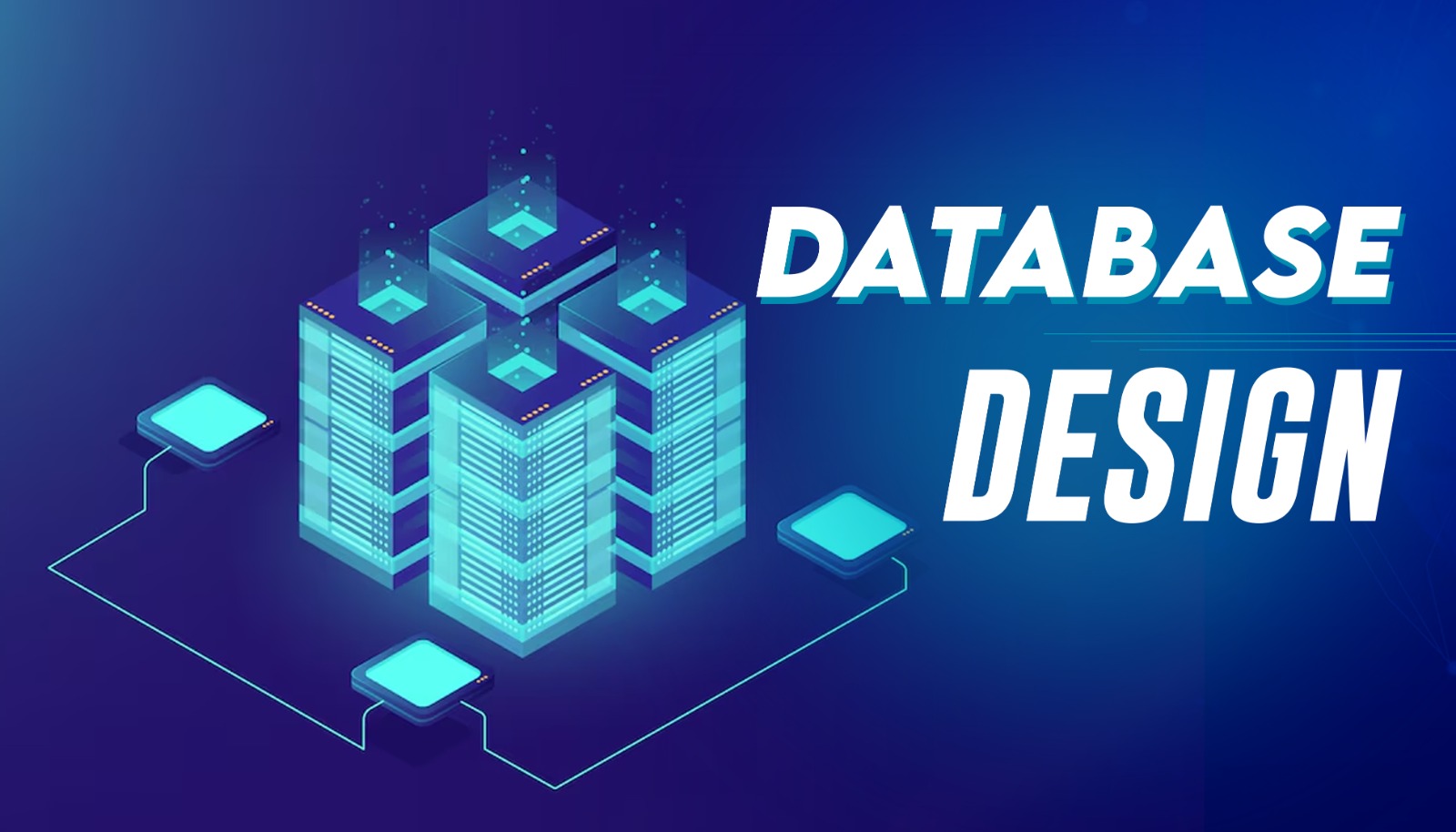Database Design
Offering expert database design services, we create efficient, scalable, and secure database architectures tailored to your data management needs, optimizing performance and reliability.Overview
A well-designed database is essential for storing, organizing, and retrieving data efficiently. Our database design services provide a solid foundation for your software applications, ensuring your data is accessible, reliable, and secure. We work closely with you to understand your data requirements and design a database that meets your specific needs.

Why Choose Us
Expertise in Database Design
Our team has extensive experience in designing and implementing databases for various types of software applications.
Data Integrity and Consistency
We ensure data integrity and consistency by following best practices and using appropriate data modeling techniques.
Performance Optimization
We optimize database performance to ensure your application can access data quickly and efficiently.
Scalability
We design databases that can scale with your application's growth, handling increased data volumes and user loads.
Security
We prioritize security in our database design, implementing measures to protect your data from unauthorized access and breaches.
Timely Delivery
We prioritize user experience in all our projects, ensuring that your website is easy to navigate and engaging for visitors. Latest Technologies: We stay up-to-date with the latest web development trends and technologies to deliver cutting-edge solutions.

Planning and Execution Process
Our database design process involves several key stages:
Data Analysis: We analyze your data requirements, including data types, relationships, and usage patterns.
Data Modeling: We create a data model using techniques such as Entity-Relationship (ER) diagrams or Unified Modeling Language (UML).
Normalization: We normalize the data model to ensure data integrity and consistency.
Database Creation: We create the database schema based on the data model.
Testing: We test the database to ensure it functions correctly and meets your requirements.
Core Features
A well-designed database typically includes the following features:
Data Integrity: Ensures data accuracy and consistency.
Performance Optimization: Provides fast and efficient data access.
Scalability: Can handle increased data volumes and user loads.
Security: Protects your data from unauthorized access and breaches.
Flexibility: Can be easily modified to accommodate changes in your data requirements.
Technology Stack
The technology stack used for database design can vary depending on your specific requirements. However, some common database management systems include:
Relational Databases: MySQL, PostgreSQL, Oracle, SQL Server
NoSQL Databases: MongoDB, Cassandra, Redis, Firebase, Supabase
Customization Options
We offer a wide range of customization options to ensure your database meets your unique needs. Some examples include:
Performance Optimization: We can optimize your database for performance, ensuring your application can access data quickly and efficiently.
Scalability: We can design a database that can handle increased data volumes and user loads.
Security: We can implement additional security measures to protect your data from unauthorized access and breaches.
Integration: We can design your database to integrate with other systems and platforms.
Support and Maintenance
We provide ongoing support and maintenance services to ensure your database remains effective and up-to-date. Our services include:
Performance Optimization: We can optimize your database to improve performance and efficiency.
Security Updates: We apply security patches to protect your database from vulnerabilities.
Technical Support: We offer technical support to address any issues or questions you may have.
Relational databases organize data into tables with rows and columns, while NoSQL databases store data in a more flexible format, such as key-value pairs or documents.
The choice of database management system depends on various factors, including your data requirements, performance needs, and scalability requirements. We can help you select the most suitable database for your application.
Yes, it’s possible to make changes to your database, but it’s generally more efficient to address any changes during the design phase.
The cost of database design depends on various factors, including the complexity of your data requirements and the chosen database management system. We can provide you with a customized quote based on your needs.




